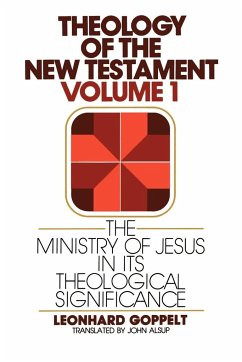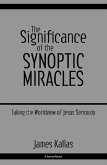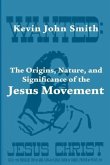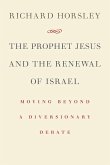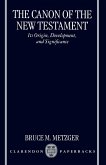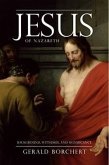This is a print on demand book and is therefore non- returnable. This volume, the first of a two-volume work by Leonhard Goppelt, represents the most mature and comprehensive thought of this German New Testament scholar. Among German-speaking scholars it is distinguished as rivaling, if not replacing, the monumental work on New Testament theology by Rudolf Bultmann. A study of the life and ministry of Jesus, this volume makes a thoroughgoing application of the most reliable tools and insights of contemporary New Testament scholarship. Goppelt makes a critical examination of the sources for knowledge of the historical Jesus and maintains an ongoing conversation with the views of other interpreters. Although he sees his study as a "qualified conversation between exegetical and systematic theology," his goal is always to come to terms with the intent of the New Testament authors without losing sight of Jesus' meaning for today. The major themes developed are the coming of the Kingdom of God, repentance and the ethical directives of Jesus, repentance as the gift of God's Kingdom, Jesus' ministry of healing and eschatological renewal, Jesus' self- understanding, and the cross and resurrection. An appendix provides a history and shows the range of problems in New Testament theology. Here Goppelt also examines and evaluates the historical-critical, historical-positive, and Heilsgeschichtliche approaches. Each chapter includes a detailed bibliography in English and German.
Hinweis: Dieser Artikel kann nur an eine deutsche Lieferadresse ausgeliefert werden.
Hinweis: Dieser Artikel kann nur an eine deutsche Lieferadresse ausgeliefert werden.

